Thank you once again to Nicc for commissioning this piece.
Writing about the life and work of a legend like Toriyama Akira just after his untimely passing seems like the most natural thing in the world. Why wouldn’t someone like me do that? But here’s the thing: I don’t know Toriyama’s work very well. I tried to get into Dragon Ball, and it never grabbed me. I’ve never even waded into any of his other works (though I will check out the new Sand Land anime at some point). So in truth, I’m pretty ill-suited to tackle this job.
But then, there are things I do know. And among them is this: I’m not sure I’ve ever seen a mangaka with a broader and more diverse fanbase than Toriyama. Dragonball Z was one of the first anime I had ever heard of living in the States, unless you count Star Blazers (Uchuu Senkan Yamato) or Speed Racer, which I didn’t even know were “anime”. It was an anime young boys loved, but at that time it didn’t really penetrate my awareness beyond knowing what the main character looked like.
When I loved to Japan the breadth of Toriyama’s reach became much clearer to me – especially when I worked in Japanese schools. You would be as likely to find Toriyama fans among elementary schoolers in third grade as teachers. I remember a white-haired old gent (and I don’t use the term loosely, he really was a gentleman) teaching junior high telling me how much he loved Dr. Slump, and getting geeky about the details. This was a man who never expressed the slightest interest in any anime or manga I talked about with the kids (which was a lot). But when Dr. Slump came up, he was an enthusiastic kid all over again.
There are really two aspects to Toriyama’s popularity and influence. His stature in Japan can’t be overstated. Dragon Ball alone has sold over 260 million volumes (only Kimetsu no Yaiba has averaged more sales per volume), making it one of the best-selling franchises in history (Dr. Slump would rank in the all-time top 20 in sales per volume too). His influence on Shounen Jump artists is indisputably unmatched, even by Oda Eiichirou. Oda, in fact, considered Dragon Ball a major influence on One Piece and often referred to Toriyama – with whom he developed quite a close friendship – as a God of manga.
Still – maybe because of my background – I think Toriyama’s influence may be most profound in terms of popularizing manga and – especially – anime worldwide. We don’t even need to get into how influential his game design in stuff like Dragon Quest and Chrono Trigger is internationally (most Western players probably had no idea who he was or how he was involved). I truly think that when many non-fans think of anime, to this day, it’s Toriyama’s very particular character designs they see. In effect he’s synonymous with anime to many Westerners.
When Toriyama died, the flood of remembrances came not just from the expected sources, like Oda and other mangaka or even famous Japanese public figures. Soccer clubs across Latin America tweeted statements (Toriyama was hugely popular in Latin America), and the president of France, Emmanuel Macron, issued a press release (Toriyama received the Knight of the Order of Arts and Letters from France, one of the most anime and manga-conscious countries in the world). People worldwide exist who know what “Super Saiyan” and “Kamehameha” are without even knowing the source.
It’s hard to overstate how formative DBZ was on American attitudes towards anime when Cartoon Network began airing it back in the 1990’s, during the “Toonami” block that helped shape the sort of anime fan so many (including myself) would become. We’d never really seen a cartoon like that on network (or national cable) TV like that before. DBZ was especially popular with future NFL players, it seems, as generations of football stars became lifelong fans. Something about the series’ emphasis on hard work and slow, painful improvement clearly struck a nerve with youngsters committed to athletics.
So, in sum, Toriyama-sensei was a giant. Unquestionably one of the most influential and personally well-liked mangaka of all-time, renowned both as a mentor for younger artists and as an animal lover. I’m not so sure, then, why none of his works every connected with me. There are other huge shounen franchises which I likewise sort of don’t get, not least One Piece but also the likes of JoJo, Bleach, and Naruto. But Dragon Ball seems to be in a special category of reverence, one with more fans in high places than just about any other. It’s enough to make a person feel kind of left out.
Here’s one element which kind of stands out for me. We’ve covered influential pretty well, but Dragon Ball more than just about any other series seems to qualify as inspirational. Another one that springs to mind is Captain Tsubasa, which schoolboy and schoolgirl soccer players across the globe (and like DBZ especially Latin America) adored and emulated. Dragon Ball struck a chord with people – especially young people – determined to better themselves. It’s something a parody of the martial arts genre, but a loving one. It celebrates hard work and determination, which often provide their own reward. For kids suffering through the rigors of sports or martial arts training, it seemed to connect on a visceral level.
Now, as it happens, I’m neither an athlete nor a martial artist. I played baseball and tennis as a child and teenager but never labored under any illusions that I was going to be seriously good at it. I love sports, but serious to the point of dedication physical pursuits were never my thing. Maybe that’s part of the issue here – that inspirational side of DBZ didn’t resonate with me. But then we have Hunter X Hunter (a series that was undeniably influenced by Toriyama too), which (though only later, in the 2011 reboot) seriously did. Especially as regards Gon and Killua and their approach to Nen, a Toriyama-style focus on martial training is absolutely integral to the work.
I guess my take on that is, as similar as DBZ and HxH are in some exterior ways, internally they’re a stark contrast. What draws me into Togashi’s work is the darkness he reveals in seemingly innocent souls, and – while I freely admit I could be wrong about this – that’s not something I ever got from Toriyama’s work. The style of humor is also radically different, needless to say. It’s very much of the gallows variety in Hunter X Hunter (though it has its Toriyama-esque goofy gags to be sure). Maybe I’m just too cynical and messed up as a person to bond with Dragon Ball the way I do with Hunter X Hunter. And of course, not being a gamer, Toriyama’s work there never made an impact on me either.
I guess, in the end, the lesson is that not every legend is going to resonate with every reader or viewer. We all have our peculiarities as human beings, and every anime and manga fan is wired differently. We’re all here for different reasons. So even if I never felt a personal connection to Toriyama Akira’s fiction, I found myself strongly impacted by his passing. One can’t help but be moved to see the impact such a person had on the world, especially when it’s a part of the world to which I do feel strongly connected. Toriyama was a God of manga indeed, helped make anime the worldwide presence it is today, and was by all accounts a kind and generous father, husband, and mentor. Our little corner of the world is diminished by his departure.


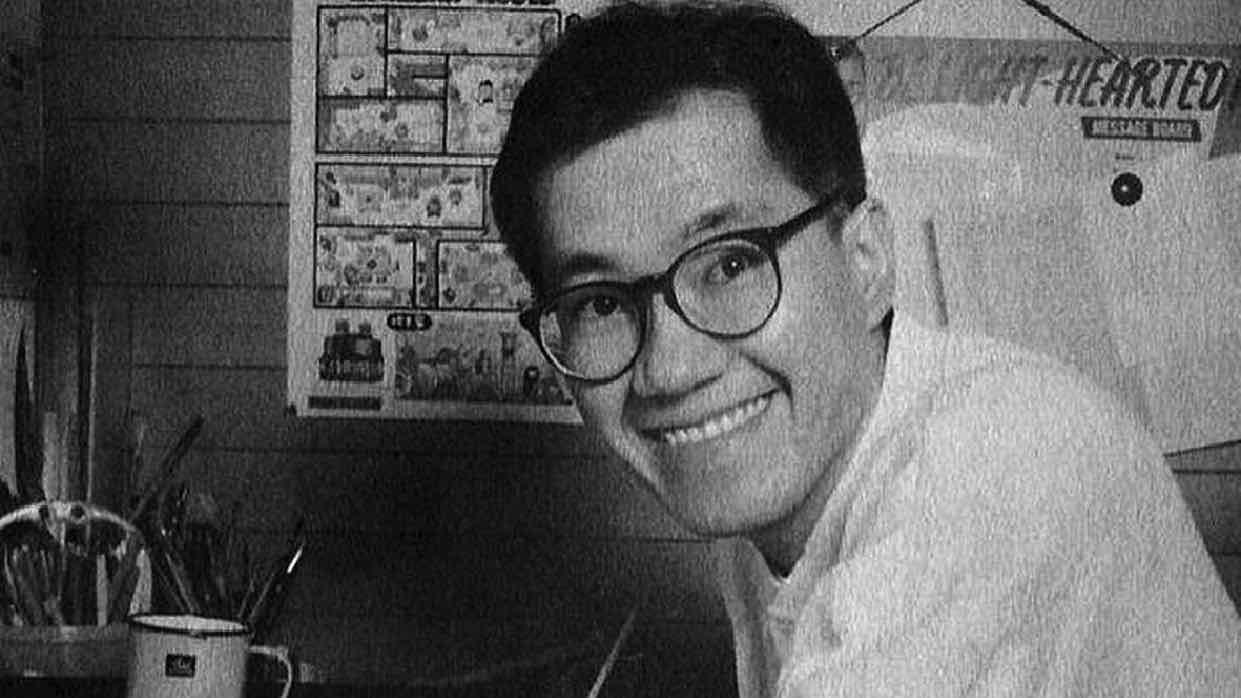
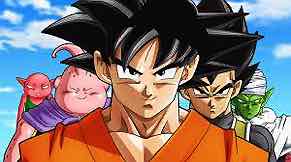
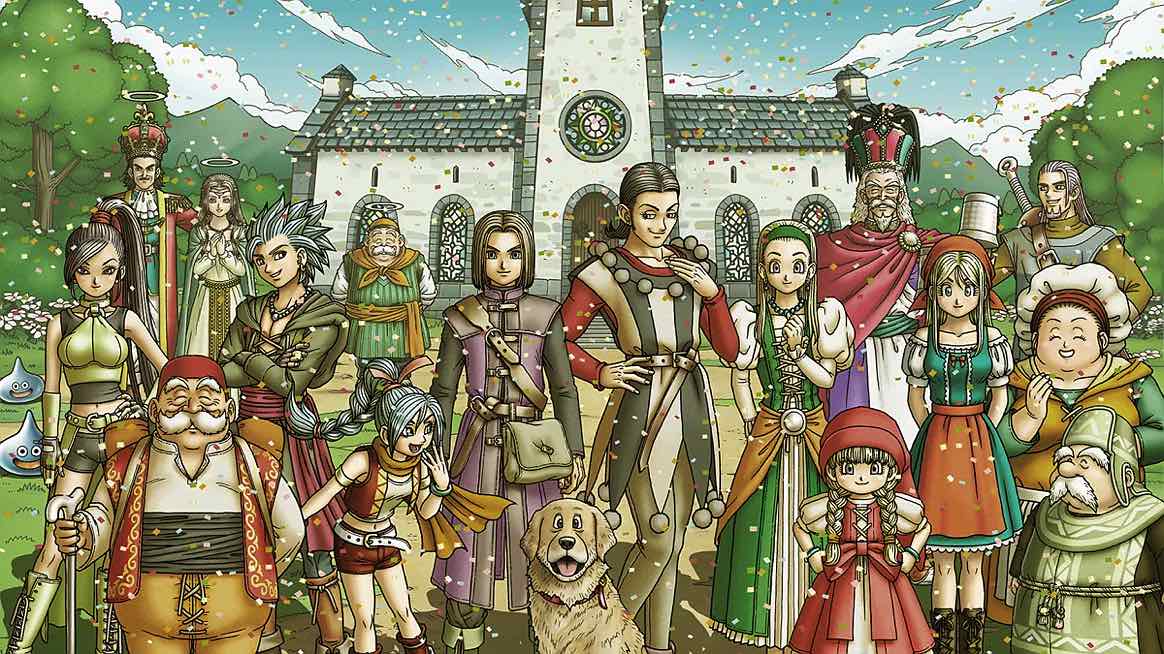
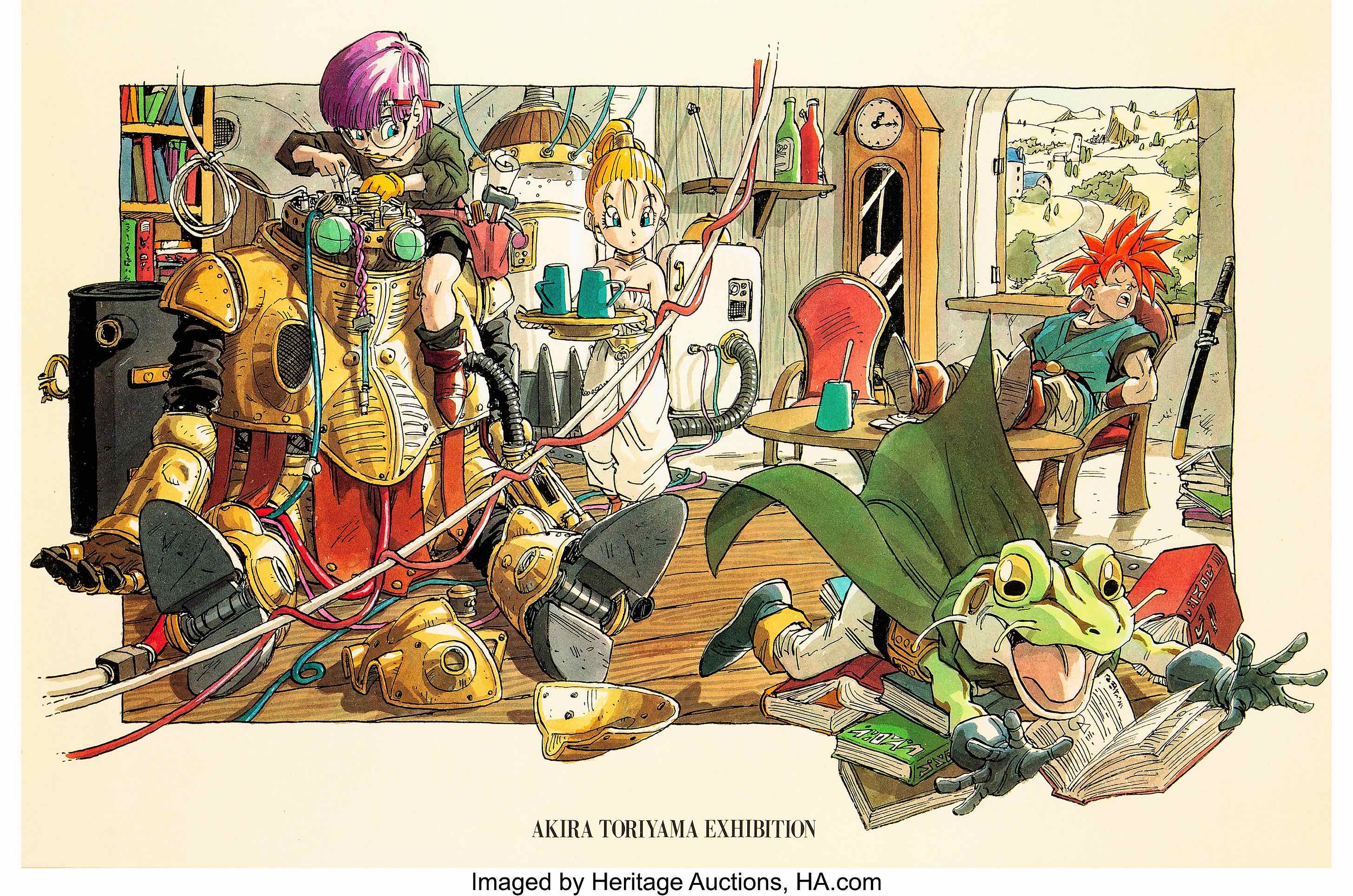
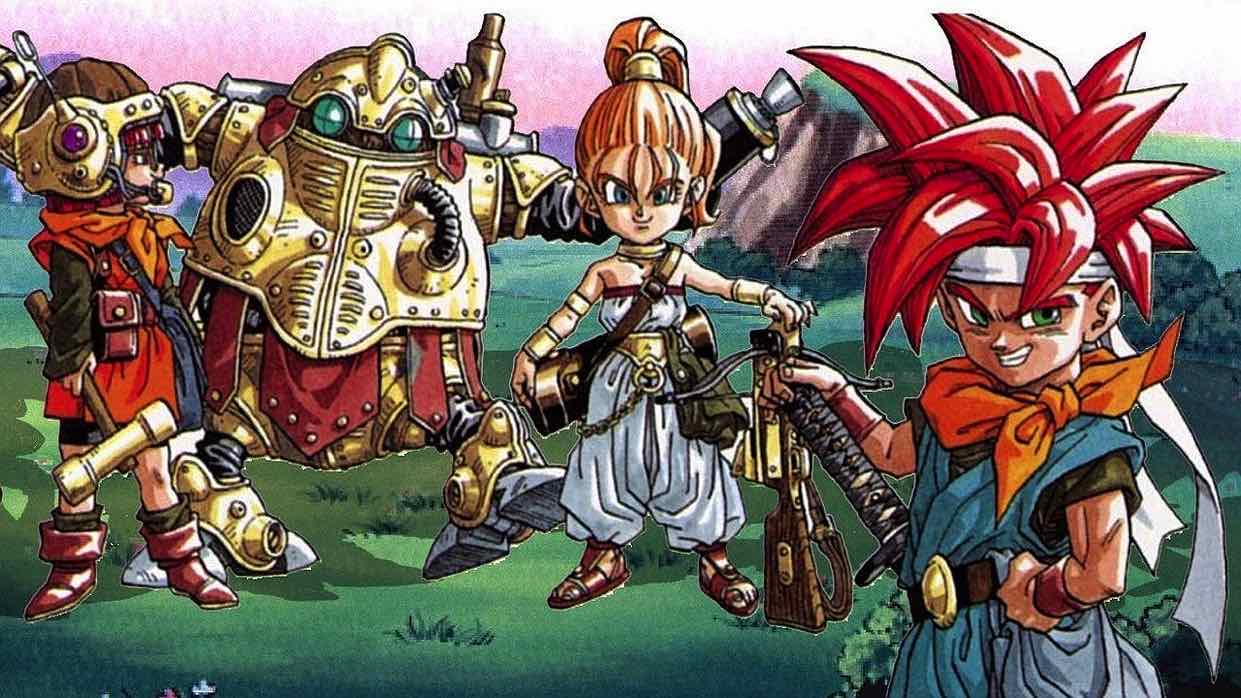
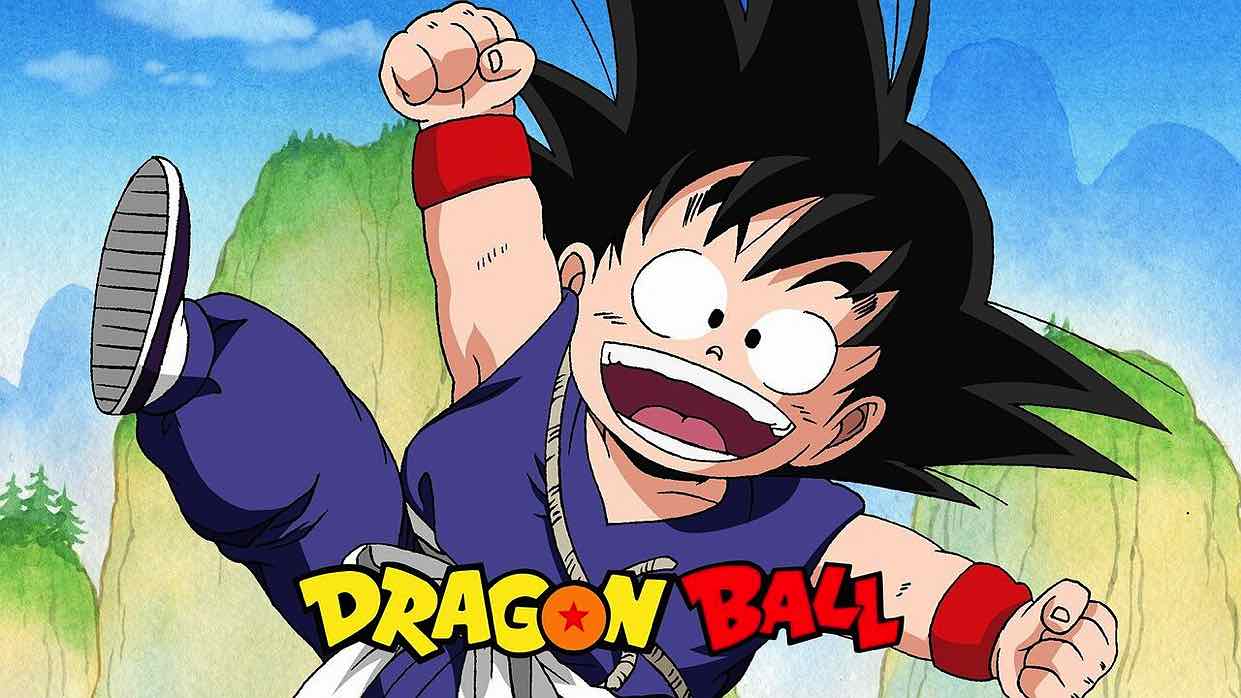
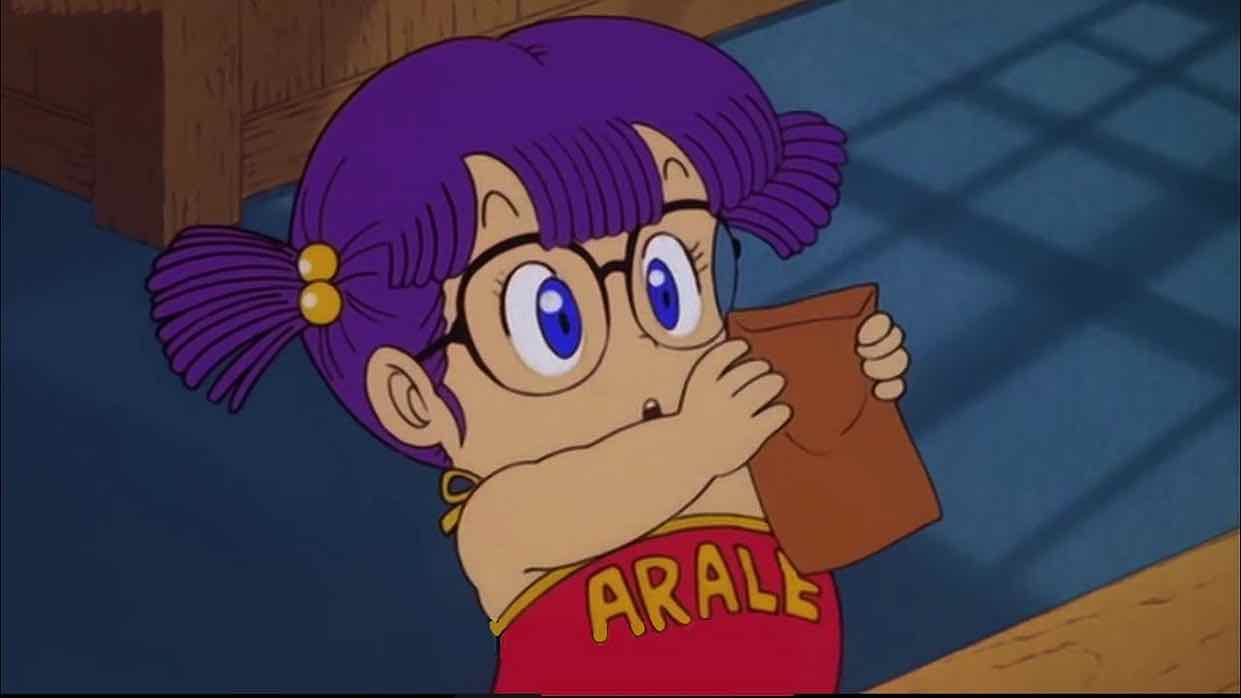
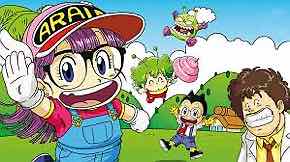
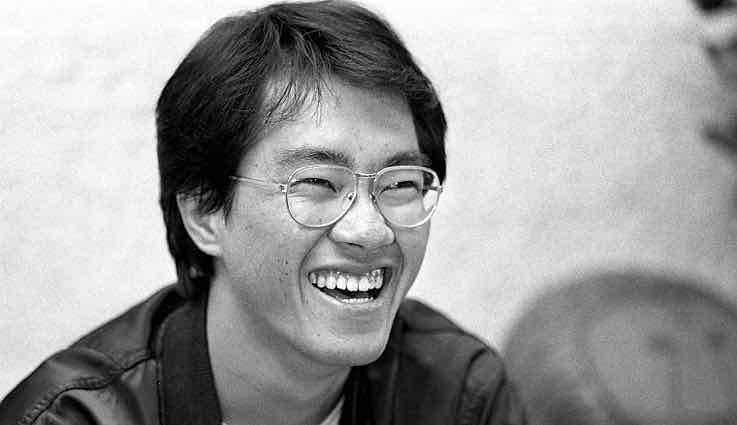
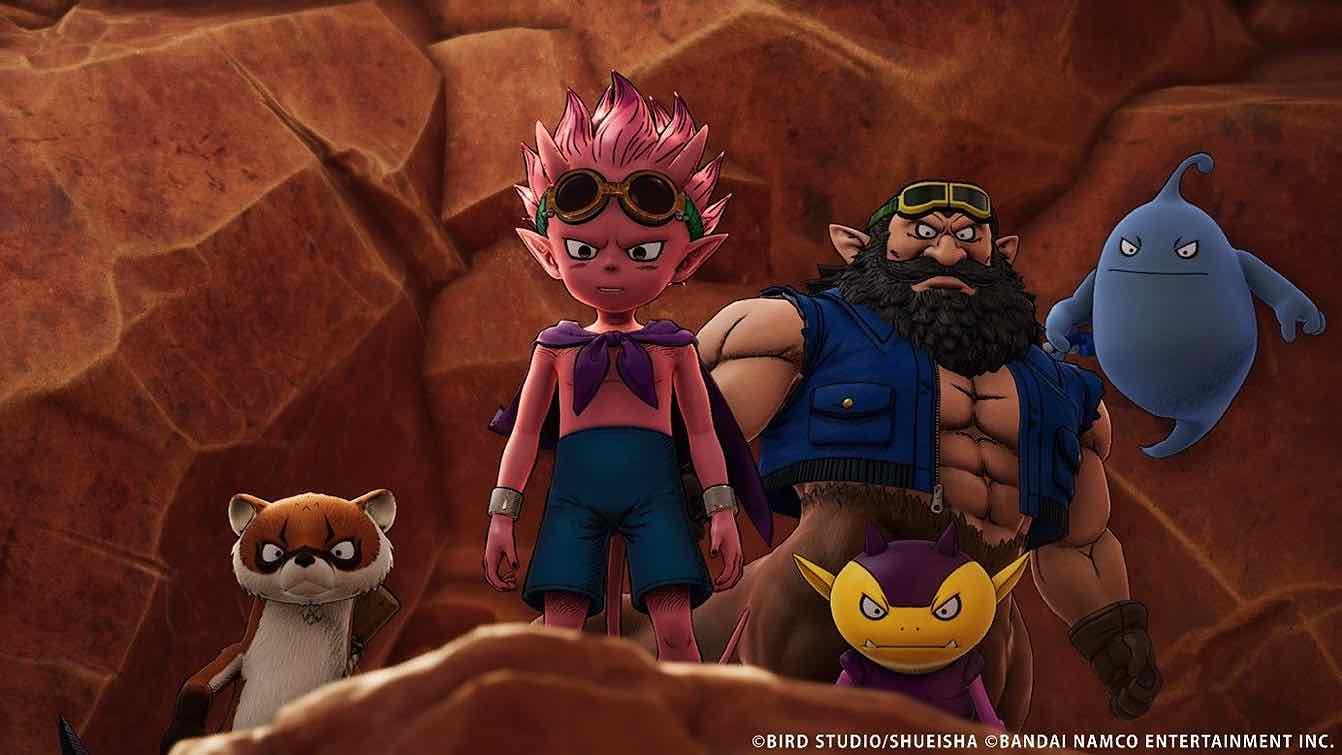
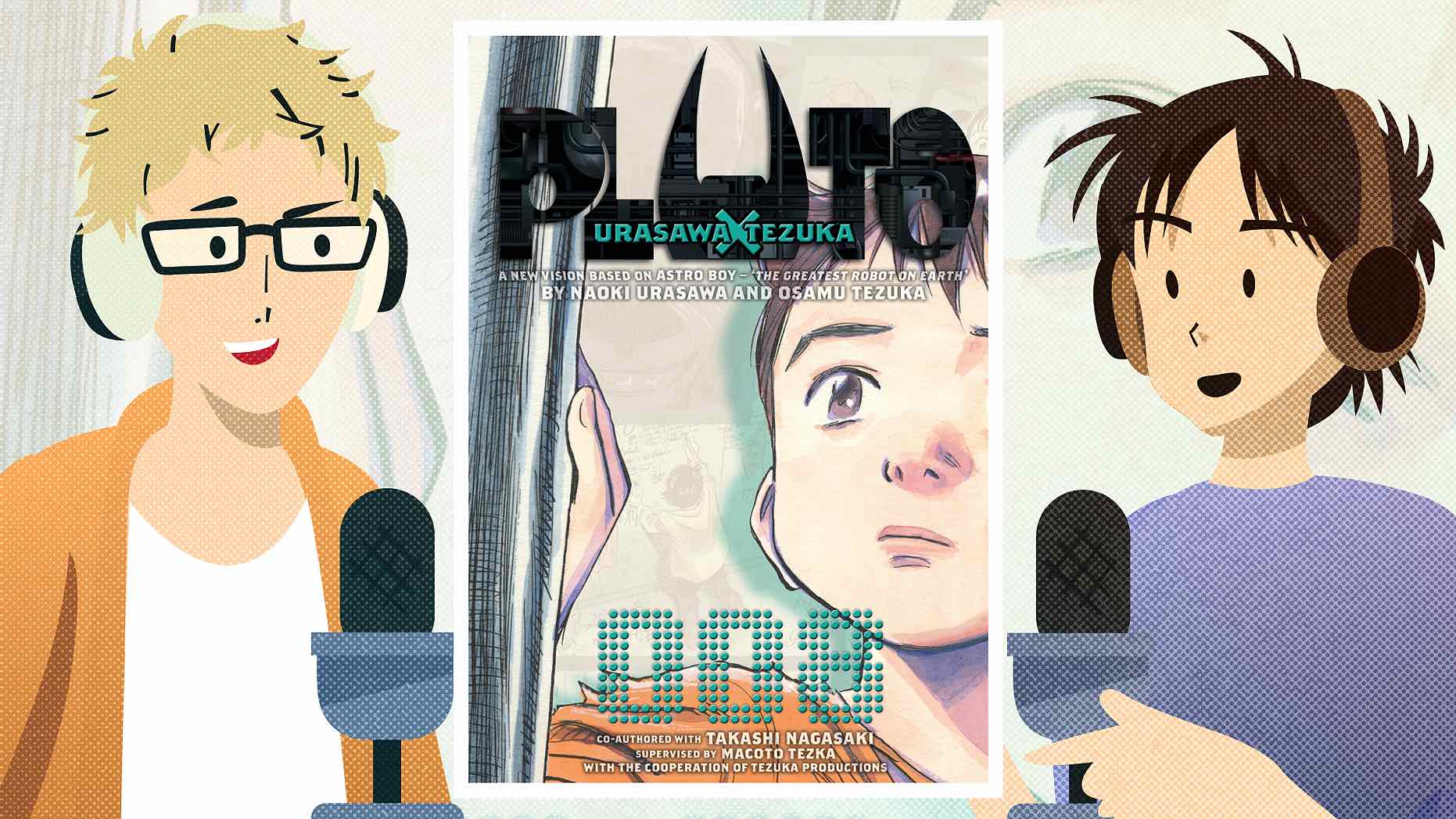
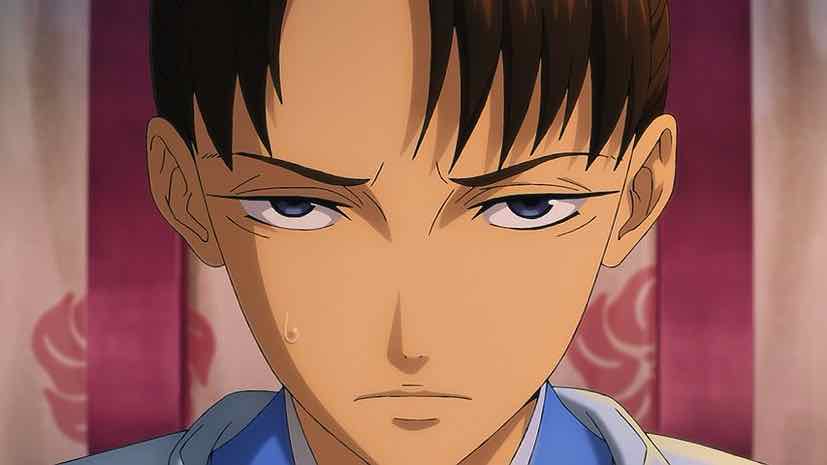
DukeofEarls
April 18, 2024 at 11:16 pmHis death has had quite an impact on me; I not only shed tears for a man I’ve never even met, but it almost feels like a chapter of my and many other people’s lives has come to a close with his passing.
Dragon Ball came to me at just the right age (late childhood and early teenage years) that it occupies a large swath of mental real estate for me. I’d go as far to say it plays a role that myths or biblical stories probably did for people in the past. It’s the aspirational heroic myth of my ”culture,” Goku being much like Odyseus or Beowulf or Samson were to many people.
We hear a lot about toxic masculinity in modern culture and I often think that Dragon Ball provides a perfect counter example of positive masculinity. A love of competition and improvement for its own sake. So much so, that the skills you’ve developed through discipline and ambition become a boon to those around you (family, friends, community). I certainly don’t think I’d have accomplished half of what I have so far in life without its influence.
I know I sound kind of ridiculous, but, speaking from experience, Dragon Ball is like medicine to a growing boy’s brain. So much so that I am carefully awaiting the day that i introduce it to my two sons. I want them to be at just the right age that it can have the same kind of impact it had on me.
RIP Toriyama I hope you know how much you touched so many of us
Guardian Enzo
April 18, 2024 at 11:33 pmBeautifully said, thank you.
Nicc
April 19, 2024 at 6:38 amFirst, thanks a lot for taking up this commission. I remember being shocked when the news first broke out. He already passed away a week earlier and it only became public then. It’s not very often I feel something when hearing the news of somebody famous passing away. O.J. Simpson died last week and I didn’t react much to it except it got me thinking that I should watch “O.J.: Made in America” again. For you folks who weren’t around for it, it really was one of those “You had to be there.” moments in time. It was the first and the last time I watched a trial verdict while in a classroom (Our teacher managed to reserve a television-on-a-cart just for this occasion. Other teachers walked in to watch)
This was the first time I’ve been shocked at a celebrity death since Anthony Bourdain. It had been a long time since I spent any time with DB related media (I stopped watching DBZ at some point in the Buu Arc), though I still played the DQ games on my DS. But I did feel sad as DBZ was a major stepping-stone towards me being an anime fan. It’s difficult for me to picture anime getting a foothold in NA and LATAM (Especially in LATAM, where as you said it’s still big) if it wasn’t for DBZ and the successful reception that it got. It helped CN bring in other shows that helped to shape our fandom back in the 90s. Whew, it got me remembering those old Toonami commercials and bumpers again.
And, yes, he was a huge influence in the world of video games as well. It took me a little to connect the dots when I played “Chrono Trigger” and DQ would not be DQ without his distinctive artwork. Even if we’ve never played a “Dragon Quest” game, we’re probably famliar with the design of the iconic Slime.
It’s unlikely we’ll have another mangaka that was as influential as him and he really did help spread manga and anime worldwide. I agree that the world is indeed diminished by his departure. I’m picturing him as Toribot drawing peacefully on King Kai’s Planet.
Guardian Enzo
April 19, 2024 at 8:13 amThank you for the commission! It was a good experience reflecting on the life and career of someone who I frankly hadn’t paid enough attention to. He was an incredibly important figure.
BluBlu
April 23, 2024 at 10:52 amInteresting and especially honest take (as usual I would say. As I have often said, our tastes are 99 % of times apart but I always appreciate your honesty/transparency Enzou).
Me, no surprise, I have totally been into the Dragon Ball craze. To be more precise/complete, I would say into the triumvirate of battle anime in the late 80s early 90s in France which was Hokuto No Ken(HNK) / Dragon Ball (DB)/ Saint Seiya (SS or “CDZ” in France for the boomers that I am part of).
And it is not trivial to mention these other two considering how Torishima studied HNK to suggest to Toriyama some modifications in the early phases of Dragon Ball when the success was not there yet. And on the other end, Saint Seiya anime success led Torishima to “recruit” key figures of this anime for the launch of Dragon ball Z as he was unhappy with the Dragon Ball one.
Of course, Dragon Ball popularity and longevity at the end is topping these two (and let’s not start with the numerous bonding times in front of the numerous video games adaptation). But they also all symbolize for me “another time” that I personally regret that it is so easily dismissed or unacceptable now, that is simplicity.
And I would even dare say kind of complexity in simplicity. Something that nowadays seem difficult to accept based on the new cannons. And a series mentioned in the post is (at least to me) a strong symbol of that (especially with its Saint Seiya-esque similarity. But that is another story).
I personally now prefer more the first part than the Z one. But this is also because the combo 22nd Tenkaichi Budokai/Piccolo Daimao arcs remain one of the best back-to-back arc. And I am still enjoying to read it again and again and again… Talking about Tenkaichi Budokai, how many battle manga/anime used at least once their own tournament arc (or exam arc now)? (and it is not Togashi and “Yu Yu Hakusho” who will say the opposite…)
Anyway, Toriyama was good at adapting, drawing fights using the 3D space and very good in handling rhythm. The lengthy anime episodes (due to another time philosophy) do not always make it realize how good the pacing was with Toriyama (Kai version was a blessing for that).
Also, I might be wrong, but I still cannot figure a series who took the risk (especially at that time) to permanently change so much the physique of his main character. While “timeskip” for long battle manga became kind of a norm (with clear inspiration/reference to DB/HNK), these are mainly clothes change or physical change of the secondary characters.
And talking about “long” manga, this is so ironic now to think that Dragon Ball was considered…too long. Another (alas too much dismissed sometimes) period.
R.I.P. to the great master.
Guardian Enzo
April 23, 2024 at 1:38 pmThank you for the eloquent and thoughtful comment. “Complexity in simplicity” is something I often point out and admire.